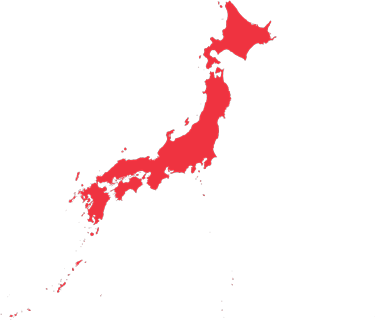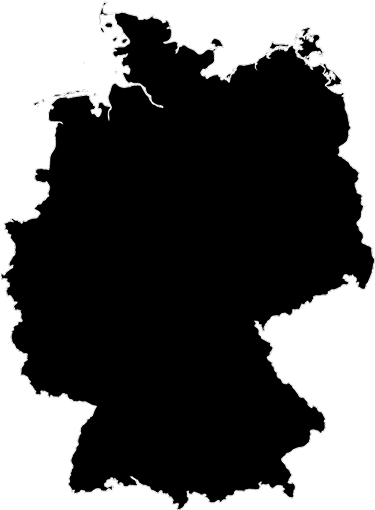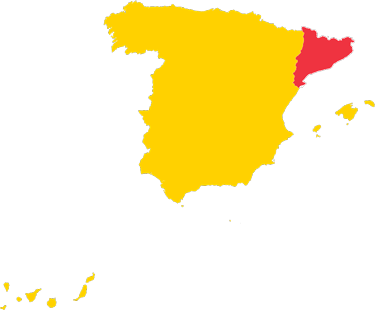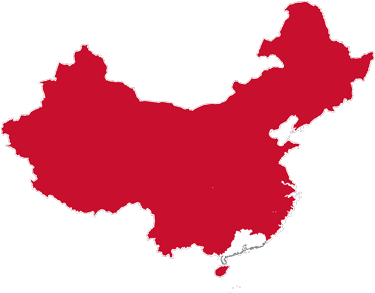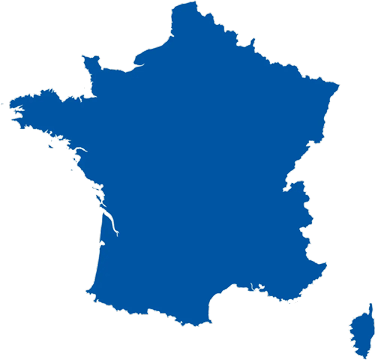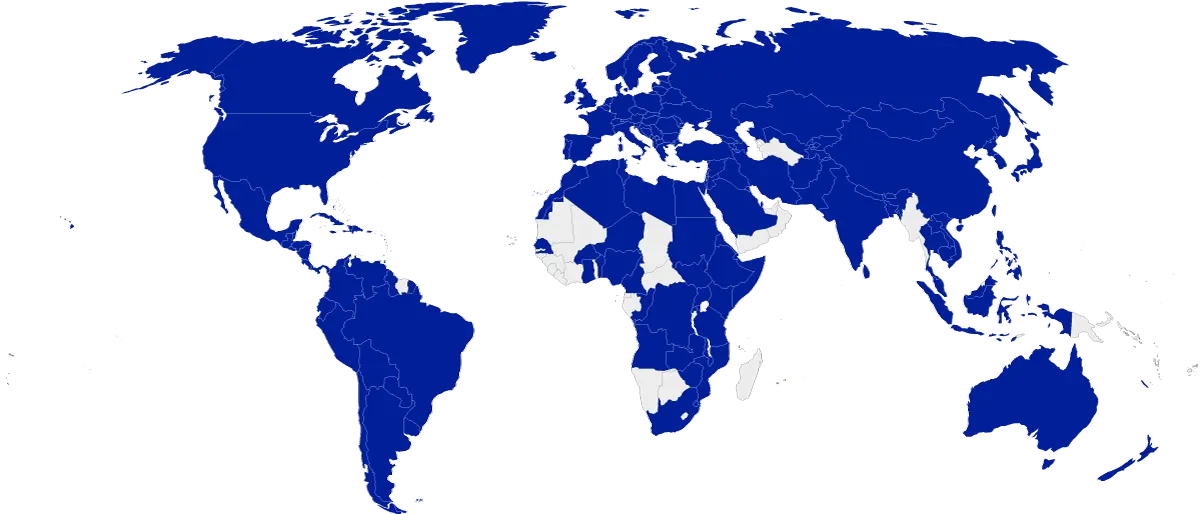Samira
Hometown: Orlando, Florida
Language: Japanese
Samira is a health education and behavior student at the University of Florida. She can speak English, Bangla, French and Japanese. Speaking different languages has helped her broaden her communication skills and learn to appreciate other cultures and traditions.
Her advice: “You need to continuously study because all the vocabulary or grammar you learn one day will disappear from you head the next.”
Japan
While Japan's four main islands of Hokkaido, Honshu, Kyushu and Shikoku are the most well-known, the Japanese archipelago actually includes 6,852 islands, with more than 18,000 miles of coastline. Approximately one-third of Japan's 124.7 million people live in and around the Tokyo area in Honshu's Kanto region.
Data from the CIA World Factbook and Statistics Bureau of Japan.